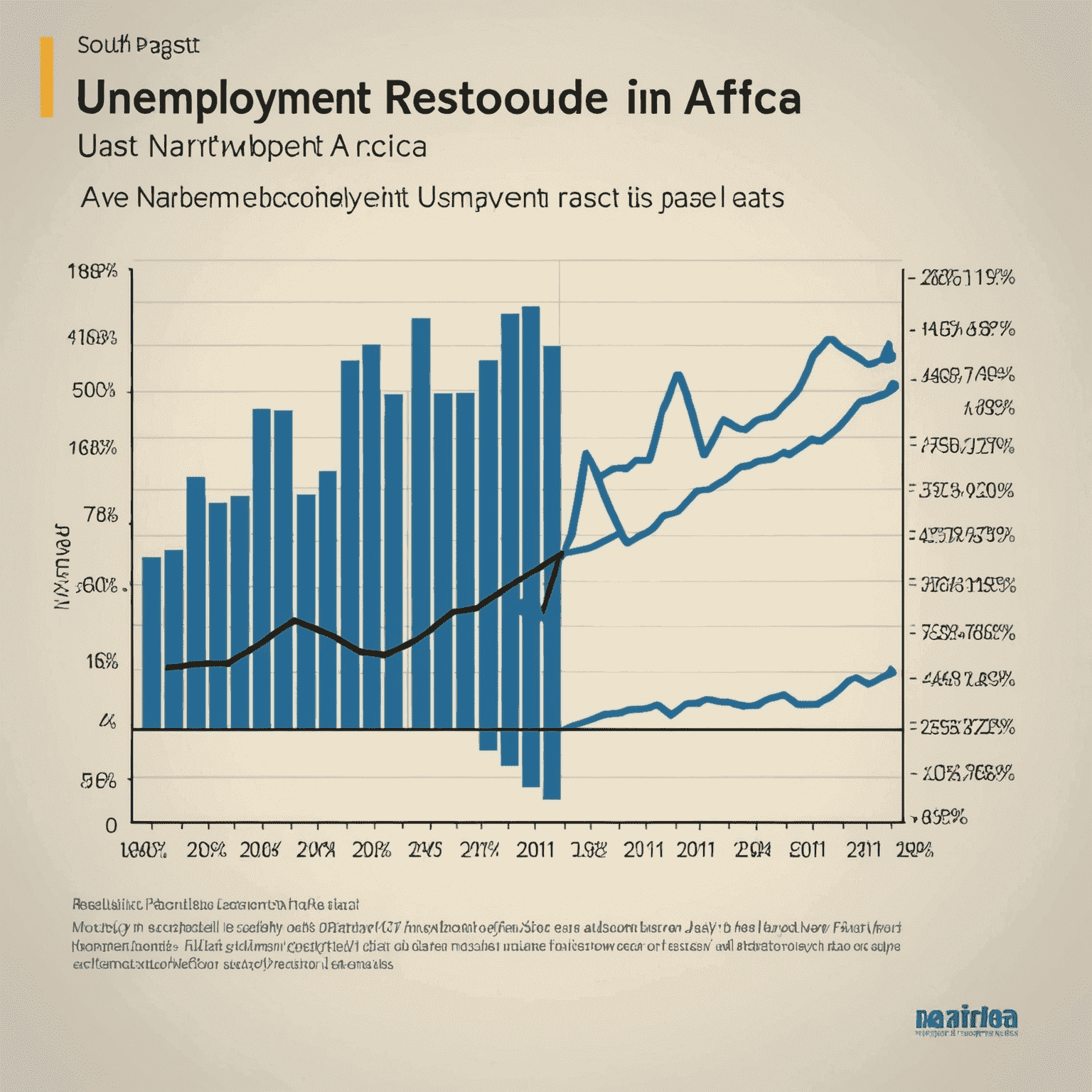Job Market Trends in South Africa: Navigating Challenges and Opportunities

South Africa's job market continues to face significant challenges, but emerging sectors and innovative strategies offer hope for combating high unemployment rates. This analysis delves into current employment statistics, highlights growing industries, and explores effective approaches to job creation and skills development.
Current Employment Statistics
According to recent data from Statistics South Africa, the unemployment rate stands at a concerning 32.9%. While this figure remains high, it represents a slight improvement from previous years, indicating potential for positive change. Key factors contributing to this persistent challenge include:
- Skills mismatch between job seekers and available positions
- Slow economic growth and recovery from the COVID-19 pandemic
- Structural issues in the labor market
Emerging Sectors Driving Job Creation
Despite the challenges, several sectors are showing promise in terms of job creation and economic growth:
- Renewable Energy: With South Africa's commitment to clean energy, solar and wind power projects are creating new employment opportunities.
- Technology and Digital Services: The rapid digitalization of various industries is fueling demand for IT professionals and digital marketers.
- Agriculture and Agro-processing: Innovations in sustainable farming and value-added processing are opening up new avenues for employment.
- Tourism: As international travel rebounds, the hospitality sector is seeing a resurgence in job openings.

Strategies to Combat Unemployment
To address the high unemployment rates, various stakeholders are implementing innovative strategies:
- Skills Development Programs: Government and private sector initiatives are focusing on upskilling and reskilling workers to meet the demands of emerging industries.
- Entrepreneurship Support: Incubators and accelerators are nurturing start-ups and small businesses, creating job opportunities and fostering innovation.
- Public-Private Partnerships: Collaboration between government and businesses is driving infrastructure development and job creation in key sectors.
- Youth Employment Initiatives: Targeted programs are addressing the disproportionately high youth unemployment rate through internships, learnerships, and mentorship opportunities.
Financial Planning for Job Seekers
In this challenging job market, financial planning becomes crucial for individuals navigating career transitions or seeking employment. Consider the following strategies:
- Build an emergency fund to cover 3-6 months of expenses
- Invest in personal development and skills acquisition
- Explore freelance or gig economy opportunities to supplement income
- Seek professional advice on managing finances during job searches
While South Africa's job market faces significant hurdles, the combination of emerging sectors, targeted strategies, and individual resilience offers a path forward. By staying informed about market trends and embracing opportunities for growth and development, job seekers can position themselves for success in this evolving landscape.